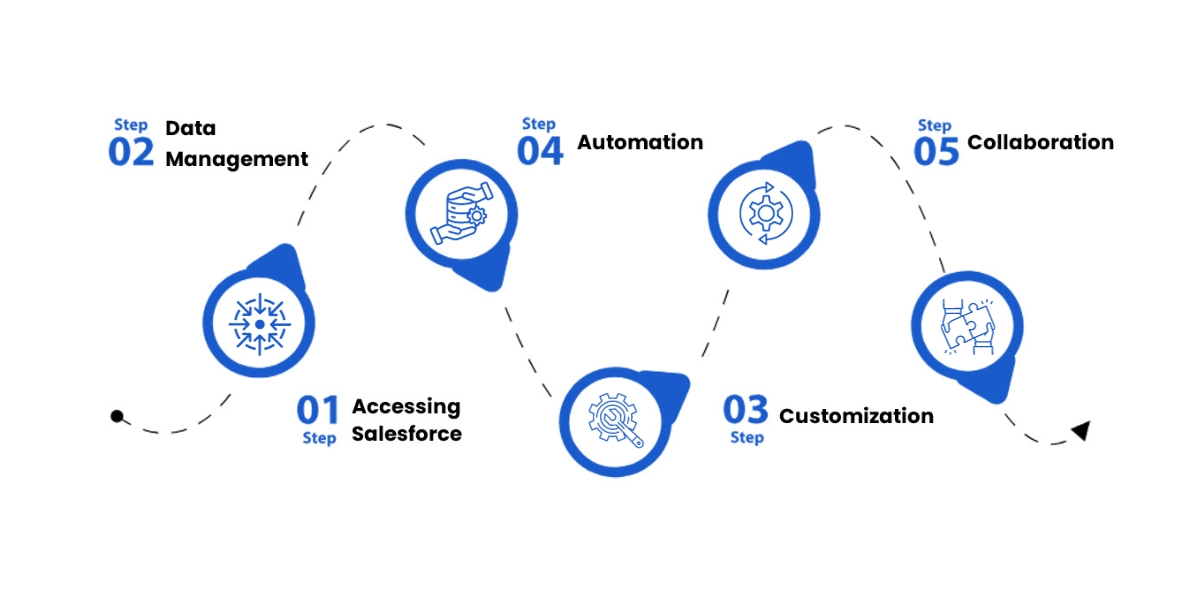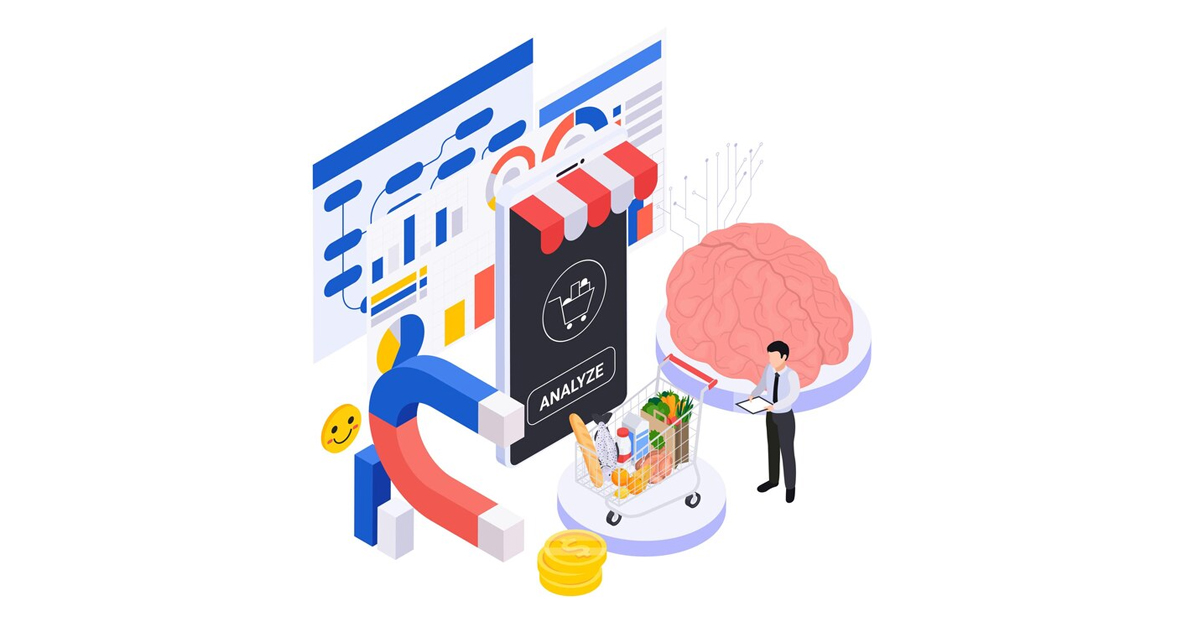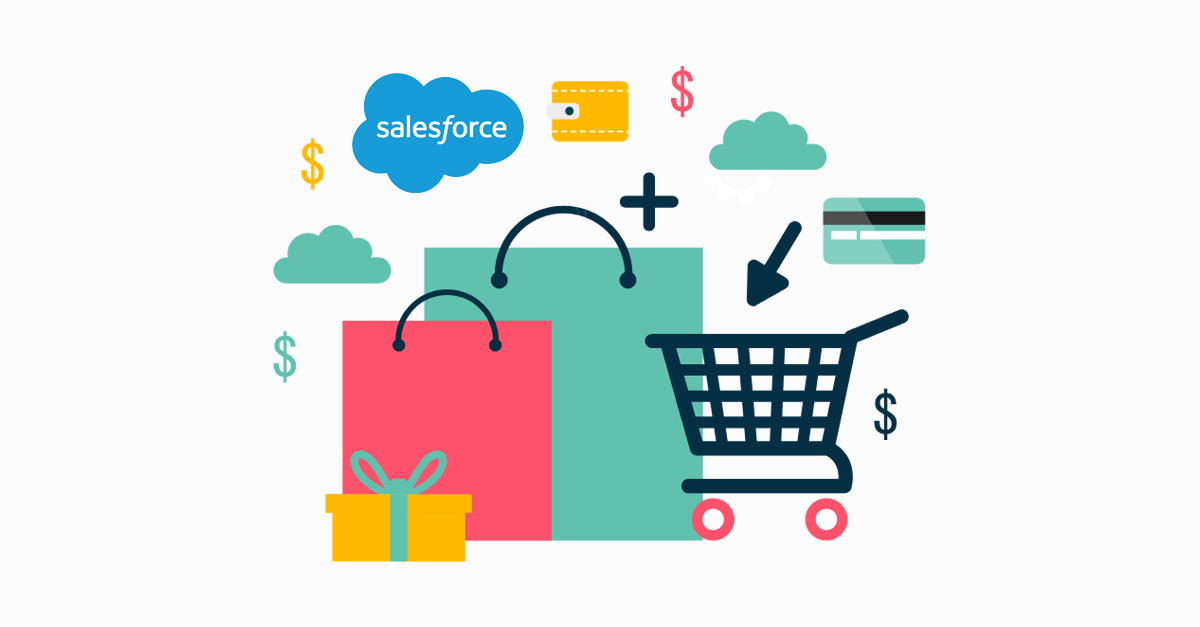What Is Salesforce: The Ultimate Guide For 2024
- 6 months
-
 Nimit Sharma
Nimit Sharma

Developing strong client relations necessitates using a platform that allows you to sell, service, market, analyze, and interact. Salesforce allows you to run your business from anywhere. The platform helps maintain interactions with prospects, customers, and employees by securely storing data in the cloud.
But that’s only the beginning.
The Salesforce platform allows you to enhance out-of-the-box capabilities for your customers, partners, and employees. “Salesforce has evolved into the most effective technology tool for modern businesses.”
As per Deloitte, approximately 30% of small businesses worldwide have chosen Salesforce due to its exceptional business intelligence capabilities.
Small enterprises and many large corporations use the Salesforce CRM system to boost leads and increase annual sales income. Salesforce CRM has over 1500 customers using its services, including significant brands such as Amazon, Accenture, Adidas, and American Express.
Do you want to benefit from Salesforce for your business? Don’t worry; we’ve got your back!
This article will discuss how businesses can automate their sales operations, streamline their efforts, and improve client relations and happiness.
Let’s cover the statistics first.
Here are Some Current Statistics on Salesforce
1. Salesforce is the world’s leading CRM software, with a market share of 19.5% as of 2021. (Source- IDC)
2. Salesforce has over 150,000 customers worldwide, including some of the biggest companies in the world. (Source- Salesforce)
3. In 2021, Salesforce reported revenue of $21.25 billion, up 24% from the previous year. (Source- Salesforce)
4. Salesforce has over 70,000 employees worldwide and consistently ranks as one of the best workplaces. (Source- Fortune)
5. As of 2021, Salesforce has over 7.5 million registered developers on its platform. (Source- Salesforce)
6. Salesforce’s AppExchange, an online marketplace for business apps built on the Salesforce platform, has over 5,000 apps available for download. (Source- Salesforce)
Overall, Salesforce continues to grow and dominate the CRM software market, with a large customer base, strong financial performance, and a thriving developer community.
What is Salesforce?
Salesforce is a cloud-based customer relationship management (CRM) platform that helps businesses to better connect with potential/existing customers and partners.
Salesforce is a powerful CRM tool that can help businesses improve their sales processes, enhance customer management, and drive revenue growth. It manages customer data and interactions across multiple email, phone, and social media channels.

Salesforce began as a CRM company operating through Software as a Service (SaaS). Salesforce offers various software solutions and a platform enabling users and developers to create and distribute personalized software.
The multitenant architecture in Salesforce allows customers to operate on the latest version using the same technology. In this way, your organization can focus on innovation rather than managing technology as upgrades to infrastructure and applications happen automatically.
Why choose Salesforce?
Salesforce CRM services assist in converting Leads into Prospects and Prospects into Sales, allowing optimal marketing efficiency. CRM tracks sales and converts them into recurring customers.
Businesses can use the Salesforce CRM to track customer activity, market to customers, and provide various other services. The platform also manages sales, marketing, customer service, and other essential business functions.
Salesforce has extra benefits for companies, which we will discuss later on. Before that, let’s see how the Salesforce process works.
From the start of your CRM journey, until your users are comfortable with every function in your org, our Salesforce consultants are ready to push it to success. Need assistance in the same? Call Our Salesforce Team Now!
How does Salesforce work?

Salesforce is a cloud-based software company that provides various customer relationship management (CRM) solutions and other business software applications.
Here’s how Salesforce generally works-
1. Accessing Salesforce – Users can access Salesforce through a web browser or mobile application. They can also use the Salesforce mobile app to access their data.
2. Data Management – Salesforce allows users to store customer data in the cloud, which can be accessed and updated in real-time. Users can also import data from external sources and export data to other applications as needed.
3. Customization – Salesforce provides various customization options, allowing users to tailor their CRM system to their business needs. Users can create custom fields, modify page layouts, and create custom reports and dashboards.
4. Automation – Salesforce enables the automation of various business processes, such as lead nurturing, sales forecasting, and customer service. Its built-in workflow engine allows users to automate repetitive tasks and streamline their work.
5. Collaboration – Salesforce provides collaboration features that enable teams to work together efficiently. Users can share data, files, and dashboards with their team members and communicate with each other through Chatter, Salesforce’s social collaboration tool.
The benefits of using Salesforce
Salesforce is a customer relationship management (CRM) software that offers a wide range of benefits for businesses of all sizes. Here are some key benefits of Salesforce—
Improved customer data management- It allows businesses to store customer data in a centralized location, making it easier to manage and analyze customer information.
Streamlined sales processes
With Salesforce, businesses can automate their sales processes, track leads, and manage deals more effectively, leading to higher sales productivity and revenue growth.
Increased efficiency
Salesforce automates many business processes, such as lead generation, customer service, and sales forecasting, which can help businesses save time and increase productivity.
Better customer experiences
By tracking customer interactions and preferences, Salesforce helps businesses provide a more personalized customer experience.
Enhanced collaboration
Salesforce allows different departments within a business to access the same customer data, making it easier to collaborate and work together toward common goals.
Customization & scalability
Salesforce is very customizable, permitting businesses to customize the software to their needs. In addition, it is scalable, so it can grow with the business.
Enhanced analytics & reporting
Salesforce delivers businesses powerful analytics and reporting tools, allowing them to gain insights into their sales and customer data and make data-driven decisions.
Mobile accessibility
Salesforce is accessible from anywhere and on any device, allowing sales reps to access customer data and update information on the go.
What are some of the critical features of Salesforce?
Salesforce offers a range of features and tools to help businesses manage their client interactions, including—
1. Sales Cloud – A tool for managing sales leads, opportunities, and forecasting.
2. Service Cloud – A tool for managing customer service interactions, such as support tickets and inquiries.
3. Marketing Cloud – A tool for managing email campaigns, social media interactions, and other marketing activities.
4. Commerce Cloud – A tool for managing e-commerce interactions, such as online shopping carts and payment processing.
5. Community Cloud – A tool for building online communities, such as customer forums or partner networks.
Who can use Salesforce?
Salesforce can be used by a wide range of businesses and organizations, regardless of their size or industry. Here are some examples of the types of organizations that can benefit from using Salesforce-
1. Small and medium-sized businesses (SMBs) – Salesforce offers a range of products and pricing plans tailored to the needs of SMBs, allowing them to access powerful CRM tools without breaking the bank.
2. Enterprise-level businesses – Salesforce is used by many of the world’s largest and most successful companies, including Coca-Cola, Toyota, and American Express. Its scalability and customization options make it well-suited to the needs of enterprise-level businesses.
3. Non-profit organizations – Salesforce offers discounted pricing and specialized products for non-profit organizations, allowing them to manage their donor relationships, fundraising campaigns, and other initiatives more effectively.
4. Government agencies – Many government agencies use Salesforce to manage their constituent relationships, track cases and issues, and improve their service delivery.
5. Educational institutions – schools and universities can use Salesforce to manage student relationships, track enrollment and admissions, and improve fundraising efforts.
How much does it cost to set up Salesforce for a small business?
The cost of setting up Salesforce for a small business can alter depending on several factors, such as the number of users, the features and functionalities required, and whether customization is needed.
Here are some of the main costs involved in setting up Salesforce for small businesses-
Salesforce Edition
Salesforce offers a range of products and pricing plans, from $25 per user per month for the Essentials Edition to $300 per user per month for the unlimited edition. The cost will depend on the specific features and functionalities the small business requires.
Implementation
Implementation costs can differ based on the complexity of the business processes and the amount of customization needed. Some small businesses may choose to implement Salesforce on their own, while others may require the assistance of Salesforce consulting firms. Implementation costs can range from a few thousand to tens of thousands.
Training
It is essential to ensure that small business users are adequately trained to use Salesforce. Salesforce provides various training resources, including free online training courses and paid certifications. The cost of training can vary depending on the level of training required.
Add-ons and Integrations
Small businesses may need to purchase additional add-ons or integrations to extend the functionality of Salesforce. The cost of add-ons and integrations will depend on the specific needs of the small business.
The cost of setting up Salesforce for a small business can range from a few thousand dollars to tens of thousands, depending on the specific requirements and customization needed. It is essential to carefully consider the costs and benefits of implementing Salesforce and to work with a reputable Salesforce implementation consultant or partner to ensure a successful implementation.
To wrap up
Bringing a company’s products and services into contact with its clients is the function of the sales force. It stands in for both the business and the customers. Sales force management is critical to ensuring the organization is on the correct track to meet sales targets.
Salesforce can be a helpful tool for managing your customer relationships and sales possibilities regardless of your business type. So, what are you waiting for? Let Salesforce hold your business to success by incorporating data science and big data capabilities into its cloud and marketing cloud offerings.



